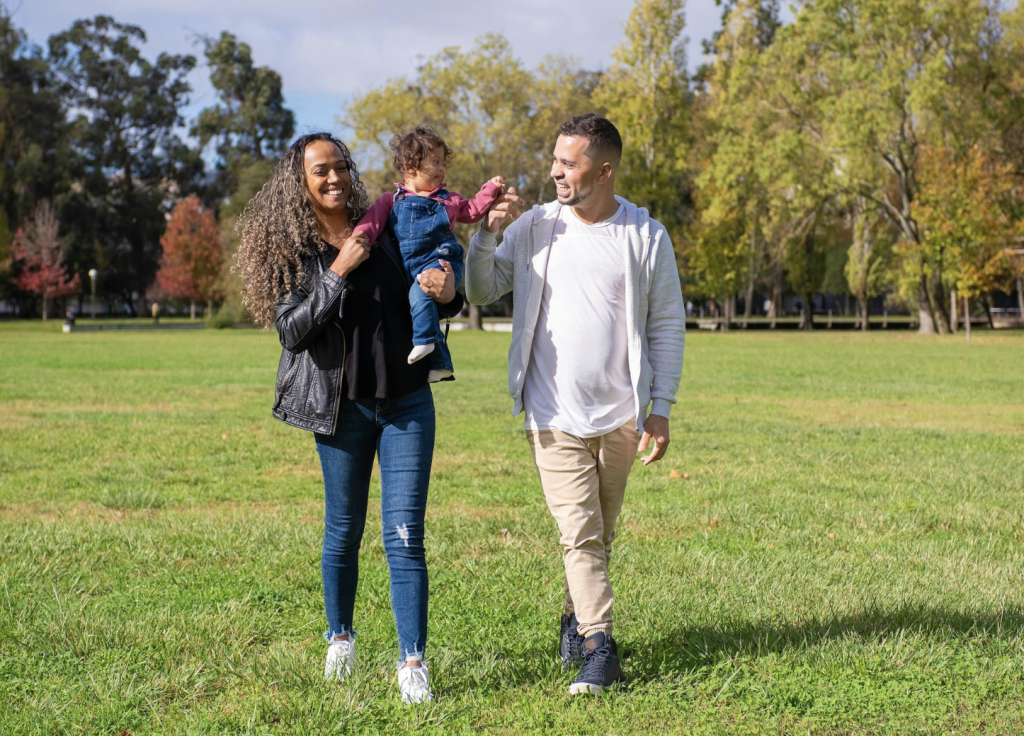Losing a partner due to someone else’s negligence can be the most painful experience for anyone, but life has to go on. You may have a family to support after your partner is gone and things may be worse if they were the only earning member. Apart from the financial setback, there is the immense emotional trauma that you have to face. Compensation for the wrongful death of a partner is the least you can expect to make up for the pain, suffering, and monetary losses. However, things aren’t as simple and straightforward if you want to claim compensation without being married to the person who died. So you need to be aware of certain facts before filing a wrongful death claim as an unmarried partner.
Understand your rights
Typically, the right to seek compensation for a wrongful death depends on the state where the death occurred. Things are pretty evident if the person who died is your spouse because you are legally entitled to claim compensation for their death. In several states, even unmarried partners residing in the same home have the same property rights that legally married couples have. However, these laws apply only to couples who are breaking up or separating. So when one of the partners dies, the property rights held as a couple may not necessarily go to the surviving partner. Still, this is possible in cases where the state legally recognizes their relationship or the decedent had a will that appoints the unmarried partner as the personal representative for their estate.

File the claim before it is too late
When you lose an earning partner, you would want the compensation sooner rather than later to get your life back on track. This will be all the more crucial if you have a family with them. Moreover, wrongful death lawyers suggest that you should file before it is too late from the legal perspective. The period for filing varies from state to state, but the best thing to do is to file as early as you can. For example, wrongful death cases in Florida have to be filed within a period of two years from the day of death. Further, there may be some exceptions that may allow for the may allow extension or suspension for the state-specific deadlines.
Things to consider
If you lose an unmarried partner in an accident or a negligent incident, you will probably be worried about your rights to their estate and wrongful death compensation. There are a few things that you need to bear in mind for understanding your position as an unmarried partner in this context. To start with, the law of the state of your residence and the person’s death matters the most. Secondly, your position gets favorable if you are listed in their will or have the paperwork that establishes the legality of the relationship. Another factor that decides whether you can claim compensation is the financial impact you have suffered from after the wrongful death of the partner.
Although no amount of compensation can be a substitute for your partner’s life, it can still help you bear the loss after they are gone. While you can bring justice for a loved one who has been wronged, the money can be used to reconstruct your life and support your family.


